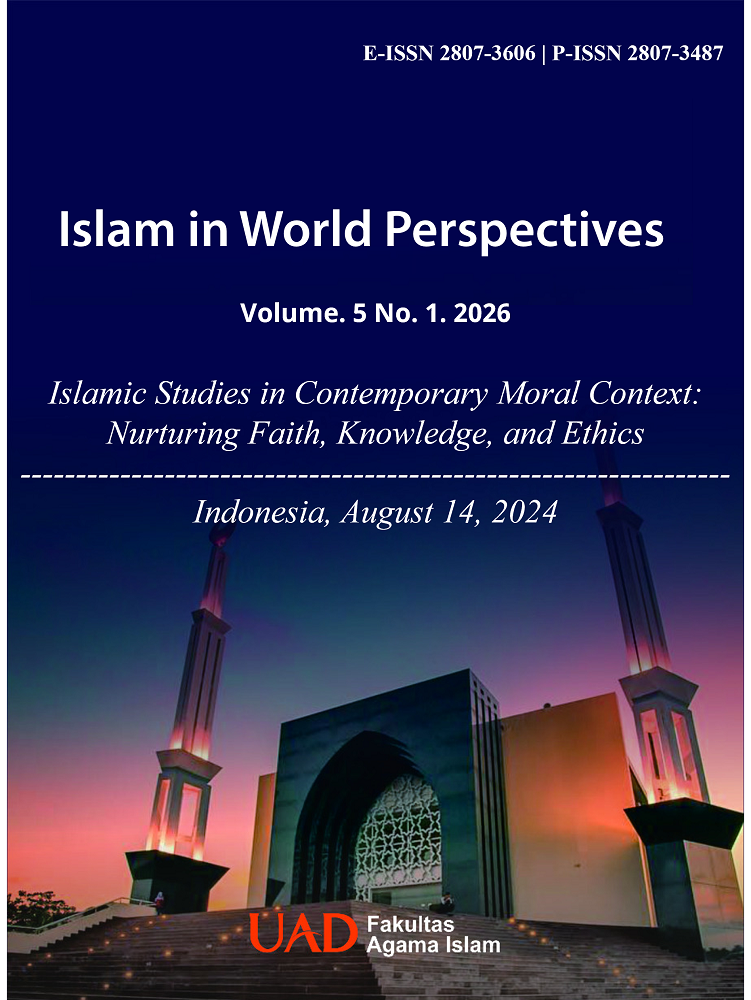A Muslim children’s education in Tegal Menukan: the role of the family and reorientation of religious education
Abstract
Education for Muslim children traditionally still upholds the principles of religious ideological values taught in the Muslim community enviroment. The role of family and parents has a major role in preparing the Muslim generation, especially in the process of daily religious teaching. This study aims to highlight the central role of parents in the prosess of religious education of Muslim children and the extent to which the contemporary era, especially in the Tegal Menukan area of Yogyakarta. This type of research is a case study using a descriptive qualitative approach. Research data were collected through observation, interview, and documentation techniques with primary and secondary data sources. To strengthen the validity of the data, the research useh a series of triangulation and data reduction techniques before drawing conclusion. The results of this study indicate that: First, the active role of parents in education children from an early age in Tegal Menukan can mostly be categorized at the naïve leves of awareness. However, among them there are also those who have a level of critical awareness where parents pay more attention and provide religious teaching from an early age. Second, the role of parents in realizing a progressive Muslim generation includes at least three areas: a) education principles; b) seletion of Islamic-based schools; c) internalization of ideology. Third, the inhibiting and supporting factors for the role of parents in educating children have since been in two aspects, namely the environment and tecnology.
Downloads
Published
Issue
Section
License
Copyright (c) 2024 Khaerudin Khaerudin, Arif Rahman

This work is licensed under a Creative Commons Attribution-ShareAlike 4.0 International License.
Authors who publish with Islam in world perspectives agree to the following terms:
- Authors retain copyright and grant the journal right of first publication with the work simultaneously licensed under a Creative Commons Attribution License (CC BY-SA 4.0) that allows others to share the work with an acknowledgment of the work's authorship and initial publication in this journal.
- Authors are able to enter into separate, additional contractual arrangements for the non-exclusive distribution of the journal's published version of the work (e.g., post it to an institutional repository or publish it in a book), with an acknowledgment of its initial publication in this journal.
- Authors are permitted and encouraged to post their work online (e.g., in institutional repositories or on their website) prior to and during the submission process, as it can lead to productive exchanges, as well as earlier and greater citation of published work.

This work is licensed under a Creative Commons Attribution-ShareAlike 4.0 International License.



